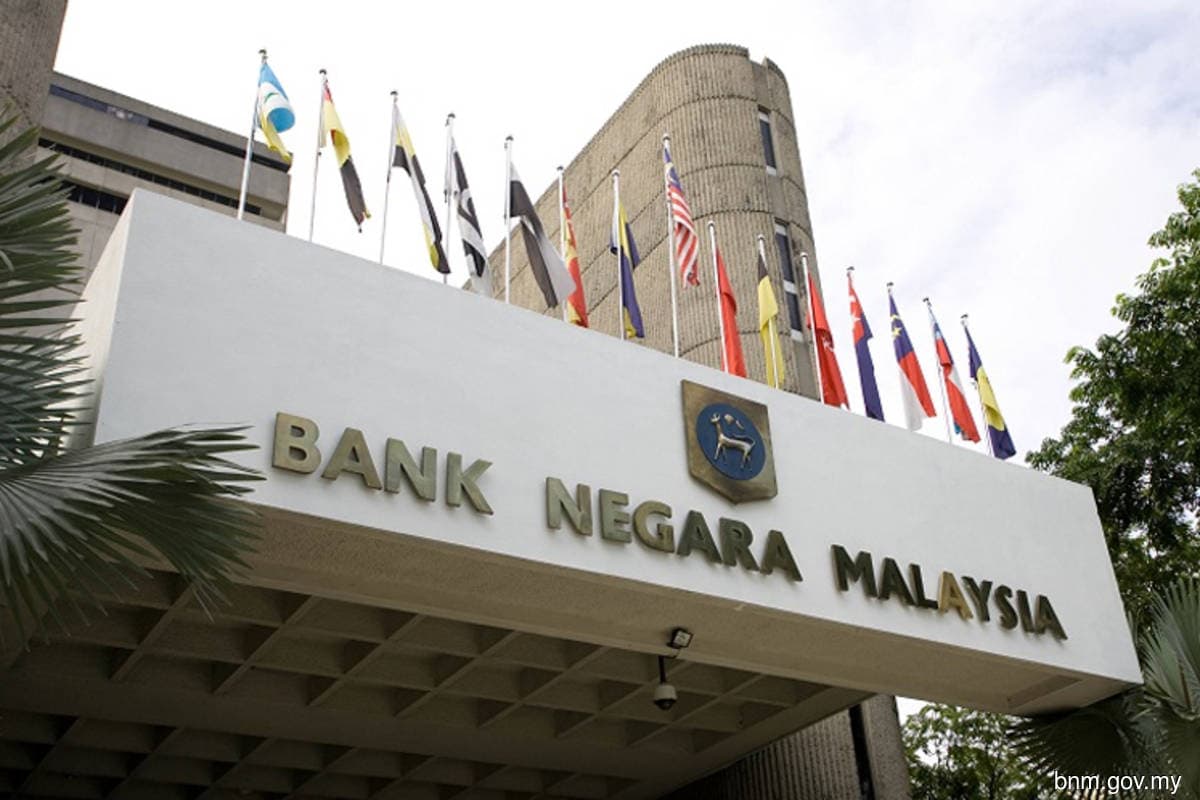
KUALA LUMPUR (Nov 17): Bank Negara Malaysia (BNM) said today East Asia-Pacific central banks' governors concurred that the economic and financial market impact of the Covid-19 pandemic has brought substantial challenges to policymakers and that under this unusual environment, the regulators have played a critical role in identifying prevailing and potential risks and vulnerabilities, as well as the longer-term structural changes of regional economies.
According to BNM's statement today on the 25th Executives' Meeting of East Asia-Pacific Central Banks (EMEAP) governors yesterday (Nov 16), the event saw the exchanging of views on how policymakers should calibrate policy measures, and support regional economies by facilitating the necessary economic restructuring through policies that seek to allocate resources in an efficient and effective manner.
"Governors also shared experiences in their own journeys towards greater digitalisation, including practical ways to enhance their capabilities to harness technology in modern day central banking, said BNM, which is a member of the EMEAP, a cooperative forum of 11 central banks and monetary authorities in the East Asia and Pacific region.
BNM said EMEAP members have been in close collaboration throughout the financial market stresses this year.
According to BNM, governors reaffirmed the importance of EMEAP as an effective platform for continuous policy dialogues, strengthening regional cooperation, and providing a regional perspective that informs and facilitates discussions at global forums during the current challenging time.
"EMEAP will continue to play an active role in promoting regional cooperation among central banking institutions to maintain financial stability and support economic recovery," BNM said.
According to BNM's statement, EMEAP members include the Reserve Bank of Australia, People's Bank of China, Hong Kong Monetary Authority, Bank Indonesia, Bank of Japan, Bank of Korea, Reserve Bank of New Zealand, Bangko Sentral ng Pilipinas, Monetary Authority of Singapore and Bank of Thailand.